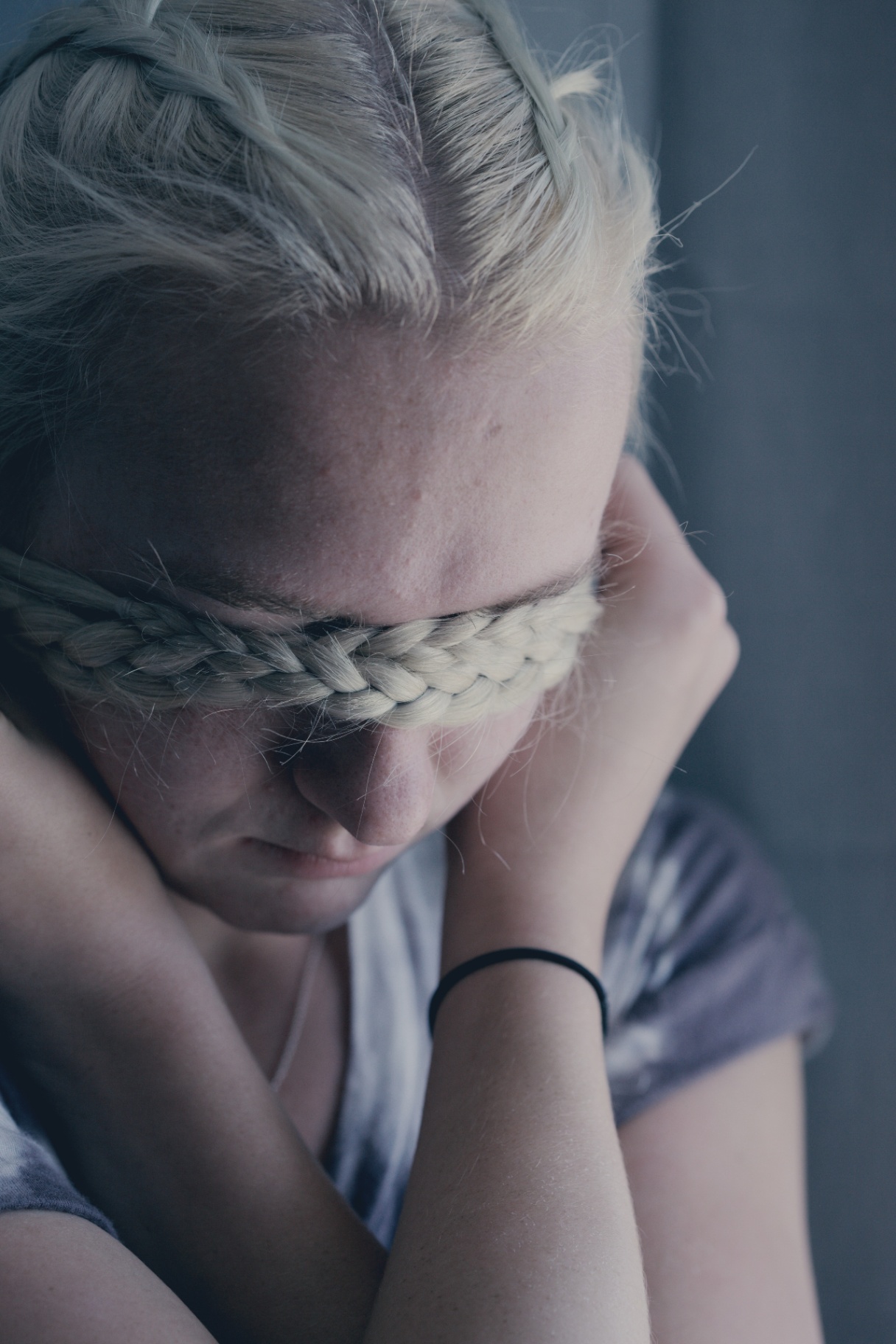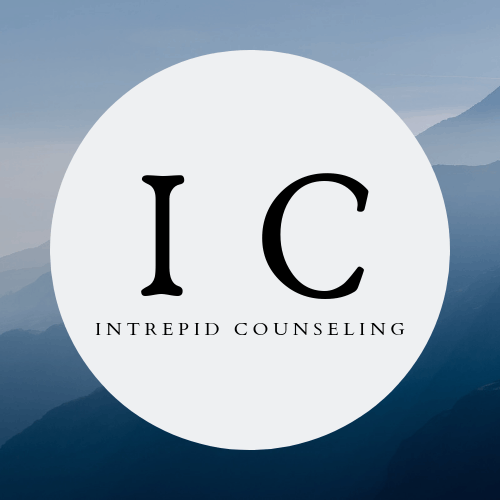Eight Questions and Answers about Sexual Assault and Abuse

1. What all counts as sexual abuse?
“Child sexual abuse is physical or non-physical contact between an adult or minor and a child which results in sexual stimulation and the gratification for the adult or minor.” Pennsylvania Coalition Against Rape
https://pcar.org/about-sexual-violence/children
2. Is it mainly stranger danger?
“90% of child sexual abuse is committed by someone known to the child and their family.” – ChildLuresPrevention.com. So, instead of focusing on worrying about strangers, parents should tell children to look out for strange, unsafe or inappropriate behaviors done by anyone, including someone you know well and to tell an adult about it right away.
https://childluresprevention.com/resources/stranger-danger-myths/
3. What is grooming?
Grooming is “manipulative behaviors that the abuser uses to gain access to a potential victim, coerce them to agree to the abuse, and reduce the risk of being caught.” – Rape and Incest National Network. It’s difficult to spot because the groomer is trying to act trustworthy and kind. You can watch for someone acting too nice, too eager to be trusted and too interested in spending time with the child.
https://www.rainn.org/news/grooming-know-warning-signs
4. Are they going to be ok?
Some of the long-term impacts of having experienced sexual abuse include higher risk for mental health problems like depression and anxiety, higher risk of being involved in crime – either as the victim or perpetrator and substance use. However, these are risk factors and not certainties. Involved, compassionate parents and friends who accept the child and help them see that what happened was wrong and not their fault are “protective factors” which reduce these risks.
https://www.d2l.org/wp-content/uploads/2017/01/all_statistics_20150619.pdf
https://www.inspq.qc.ca/en/sexual-assault/understanding-sexual-assault/consequences
5. Can kids get PTSD?
Posttraumatic Stress Disorder is an injury and sexual trauma can injure children in this way. Diagnosing PTSD is complicated and experts sometimes mistakenly diagnose children with ADHD, Anxiety, Depression or another issue when PTSD is actually the best explanation. If your child has experienced sexual trauma, make sure they see a counselor and that the counselor checks to see if what they are experiencing fits the pattern of PTSD.
Book recommendation: They’ll Never Be The Same – A Parents’ Guide to PTSD in Youth
6. Won’t it get better with time?
Not all kids who experience sexual abuse gets PTSD, but if they do, it doesn’t go away on its own. In the first month after it happens, nearly everyone will show some distress. After this about 30% of people who go through a trauma like sexual abuse get PTSD. Since it doesn’t go away on its own, it’s no good waiting any longer than one month before seeking help. Brianna White is a TCK-focused child sexual abuse recovery specialist. Contact here. If you are in the U.S., in the U.S., you can go to your local child advocacy center.
7. What do I do if I worry my child has experienced sexual abuse?
You can ask them. Many kids find it a tremendous relief to be asked directly. Make sure your questions are broad, not leading.
You can teach them what is ok and not ok and reassure them that they can tell you anything and you won’t freak out.
Make sure they know they won’t be in trouble for it, and you’ll make sure everyone will be safe if they have something to tell. They might have been told all kinds of stories to keep quiet, or assumed bad outcomes if anyone knows.
You should get help. And you need to if you suspect your child has been victimized.
Starting with child protective services (or your local equivalent if abroad).
is always an ok way to begin.
is a good option if you need to talk out some ambiguous concerns.
is important if the person who did it was in a caregiving role or is a child.
Starting with local law enforcement (a.k.a.) calling the police is good to do if you know who did it and they are an adult. If you do call the police, also call child protective services. In general the police’s job is to address the law-breaker and child protective services’ job is to help you take care of your child.
Talk to your child’s doctor about your worries and if there is a disclosure, take your child to their doctor (or forensic nurse at your local child advocacy center) to make sure they are physically ok.
Finally, get support for you and your child. Whether it is a disclosure of abuse or behaviors that make you wonder, a therapist is an essential team-mate at this time. Don’t stop once the child has a therapist. Get your own too. Most parents get their child set up with therapy first, but I always recommend parents also get professional support for themselves as this is an extremely difficult time.
8. What’s a Child Advocacy Center (CAC)?
If that above segment seemed like a lot, it is. A Child Advocacy Center organizes the services and interactions a child needs to have when it’s become known that they’ve gone through sexual abuse. This could include police, prosecutors, forensic nurses, child interview specialists and mental health professionals. These professionals work together to make the whole process easier on the child and parents. Read more and find one here: https://www.nationalchildrensalliance.org/cac-model/
If you’re abroad and don’t have a local Child Advocacy Center, an experienced child sexual trauma specialist and telemental health provider is who you should find. This is Brianna White’s area of expertise and you can reach out here to ask about counseling with her.
https://www.d2l.org/wp-content/uploads/2017/01/all_statistics_20150619.pdf
https://www.inspq.qc.ca/en/sexual-assault/understanding-sexual-assault/consequences
https://www.nationalchildrensalliance.org/cac-model/
https://www.publishersweekly.com/9781942094616
https://www.nationalchildrensalliance.org/
https://www.nationalchildrensalliance.org/wp-content/uploads/2020/10/whats-a-CAC-card.pdf
https://www.revvedupkids.org/blog/pinwheels-and-prevention
Photo by Alexander Grey on Unsplash
